Q&A: Black and Brown Coalition
December 7, 2015
As discussions about diversity have exploded on campuses across the country, NYU has added to the conversation, rolling out initiatives like increasing funding for the Center for Multicultural Education and Programs to create a more inclusive community for students of color and opening up dialogues for students to discuss the injustices they’re seeing.
The Black and Brown Coalition has largely led this discourse over the last few weeks, starting with a list of demands for the university handed out at a school-wide diversity forum — a list which has since grown immensely. Since the diversity forum, the coalition — a group with representatives from more than 30 student groups on campus — has remained a leader in the movement, working with the administration to figure out how make the university a safe space for students of color.
WSN sat down with Juan Manuel Calero Canaval, the demands chair of the Black and Brown Coalition, to talk about the problems facing NYU and his thoughts on what the university has to do to change.
WSN: Obviously the university has been rolling out these new initiatives, some of which do correlate with the demands. How much of that is a result of your working with them, and has the BBC been satisfied with a lot of the initiatives?
Juan Manuel Calero Canaval: All the initiatives that have been rolled out have been reactionary. In terms of measuring whether or not we’re happy with the reactionary stuff, honestly I am satisfied with it, only because I didn’t expect them to do anything this quickly.
This is the first time that NYU has taken this seriously in my opinion in terms of the totality of NYU’s history. So it’s interesting that what was thought to be impossible and unreasonable, such as creating a particular administrative group to address racism on campus and sexism on campus and homophobia on campus, is now obvious and a to-do thing.
WSN: Do you have a sense of how many resources the university is willing to divert to this? Does it seem like it’s going to be a central focus, or does it seems like they feel like they’ve done what they need to do?
JMCC: For some things, I do fear they’ll choose to do like a Band-Aid and pretend that everything’s fine. For example, in terms of CMEP funding, CMEP’s and the Center for Student Activities, Leadership and Service’s problems aren’t exclusively funding and staffing. I’m also concerned about the mental health demands, that they’ll mishandle that. Because there’s a difference between having a physical body representing a number — having a black mental health professional within the wellness center — versus having a mental health professional who is black, who is also aware and has worked with black communities on campus or at universities or in general.
WSN: Would you say that a focus on mental health is at the top of your list of things that need to come about from this?
JMCC: Mental health things are of particular importance to me because my freshman year, four of my friends at NYU committed suicide — all of whom were students of color. And it’s hard for students of color to get the mental health stuff we need. There’s a general mental health problem at NYU, starting with ideally having mental health professionals hired who are people or color and do understand the trauma and struggles that come with racism or coming from a background
with racism.
WSN: What have you seen with the diversity training that NYU has had so far, and as they talk about essentially rebuilding it, are you confident that it
may improve?
JMCC: I feel like to an extent it will, at least for the faculty, if we revamp it and have it be more accurate and be more direct and brutal, that it’ll help a lot of people realize how they’re fucking up. In terms of the general student body, I really don’t expect much to change, except maybe a bit more prudence, perhaps. Because people are going to be racist.
There’s two bars for me: there’s an incredibly low bar of simply teaching students how not to perform racism and teaching them that it’s bad to perform racism. Then there’s the other bar that’s much much higher of teaching students not to be racist and to be self-aware of the historical dynamics of race in this country. And I hope heavily that we’ll pass the low bar and try to reach for the high bar, but we’ll see.
WSN: Do you think it’s realistic, that this is something that NYU can overcome?
JMCC: The low bar? If we do it right we can do that because it’s really just basic. It’s literally a not to do list. And then the other bar is probably not realistic, but it’s still something we need to strive for because that’s the point of all social movements. It’s this idea of an ultimately unattainable dynamic of justice, and that’s what you need to always hope for and strive for and have faith that we are capable of, even if it never
gets realized.
A version of this article appeared in the Dec 7 print edition. Email Alex Bazeley at [email protected].



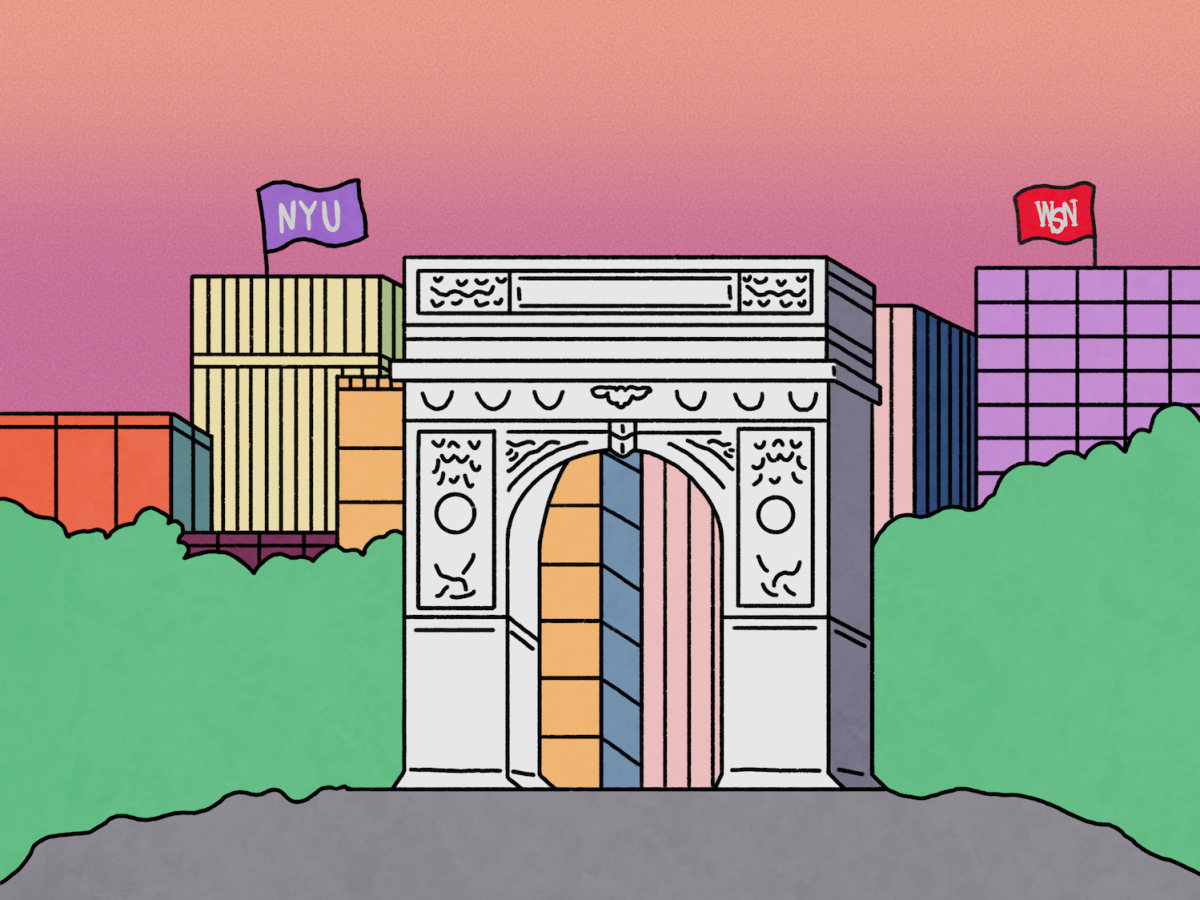
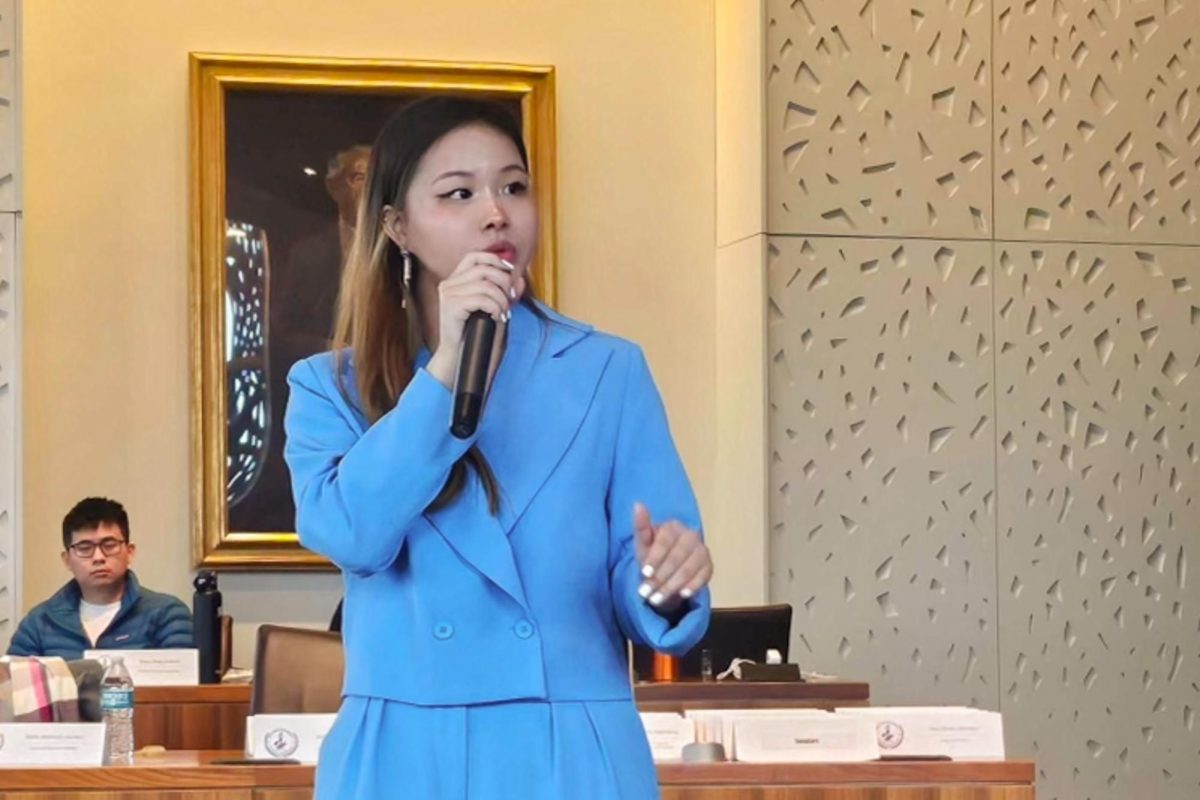
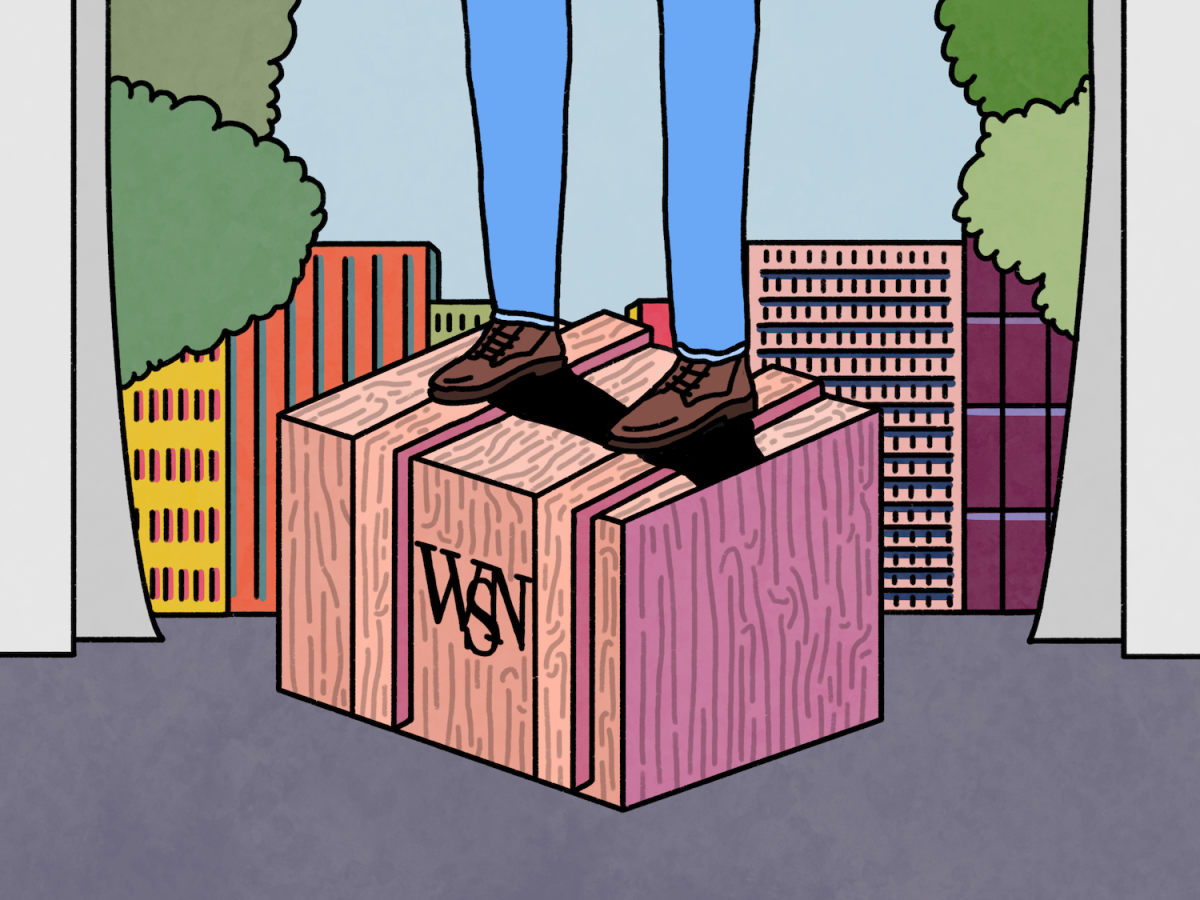




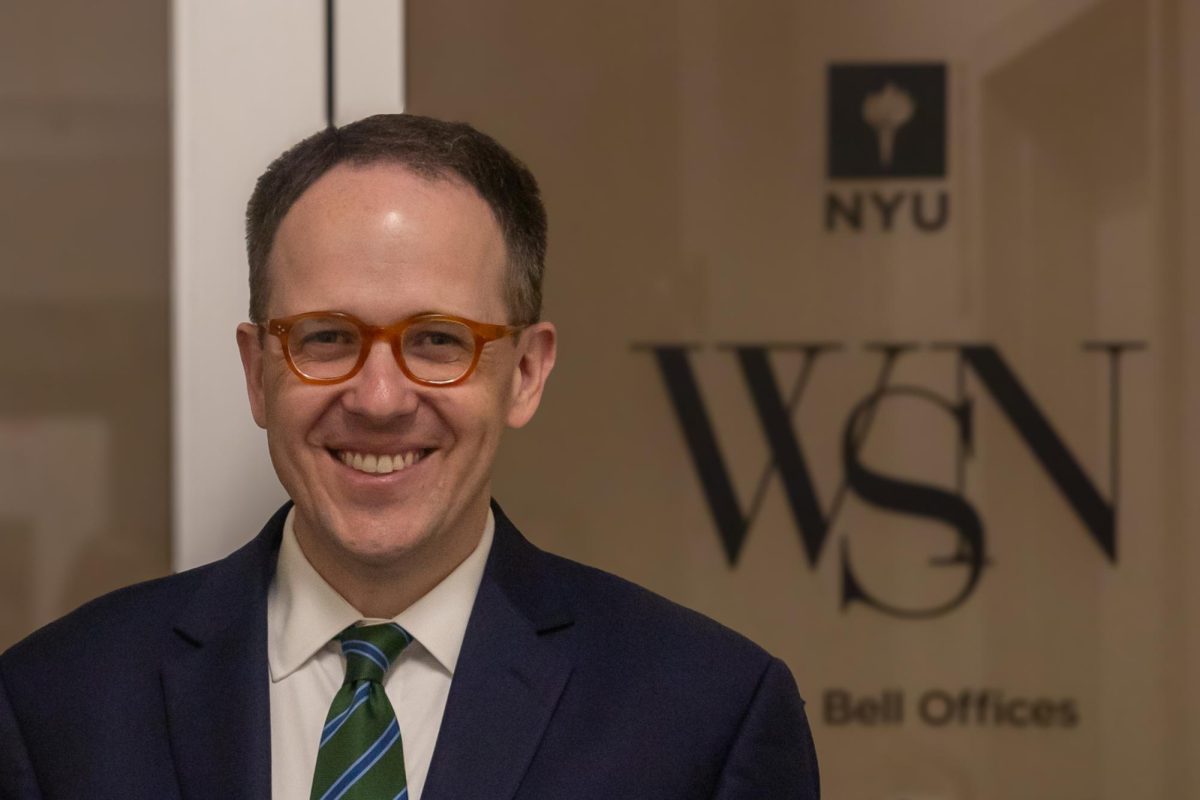
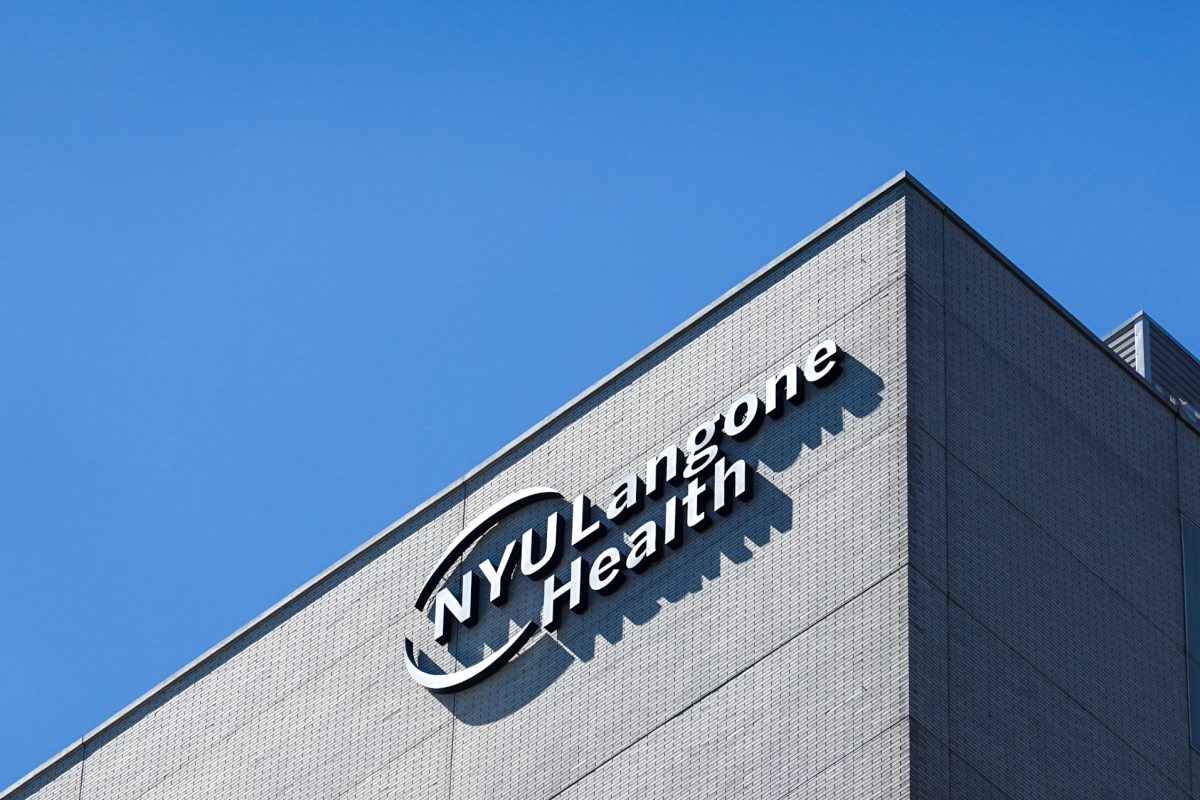



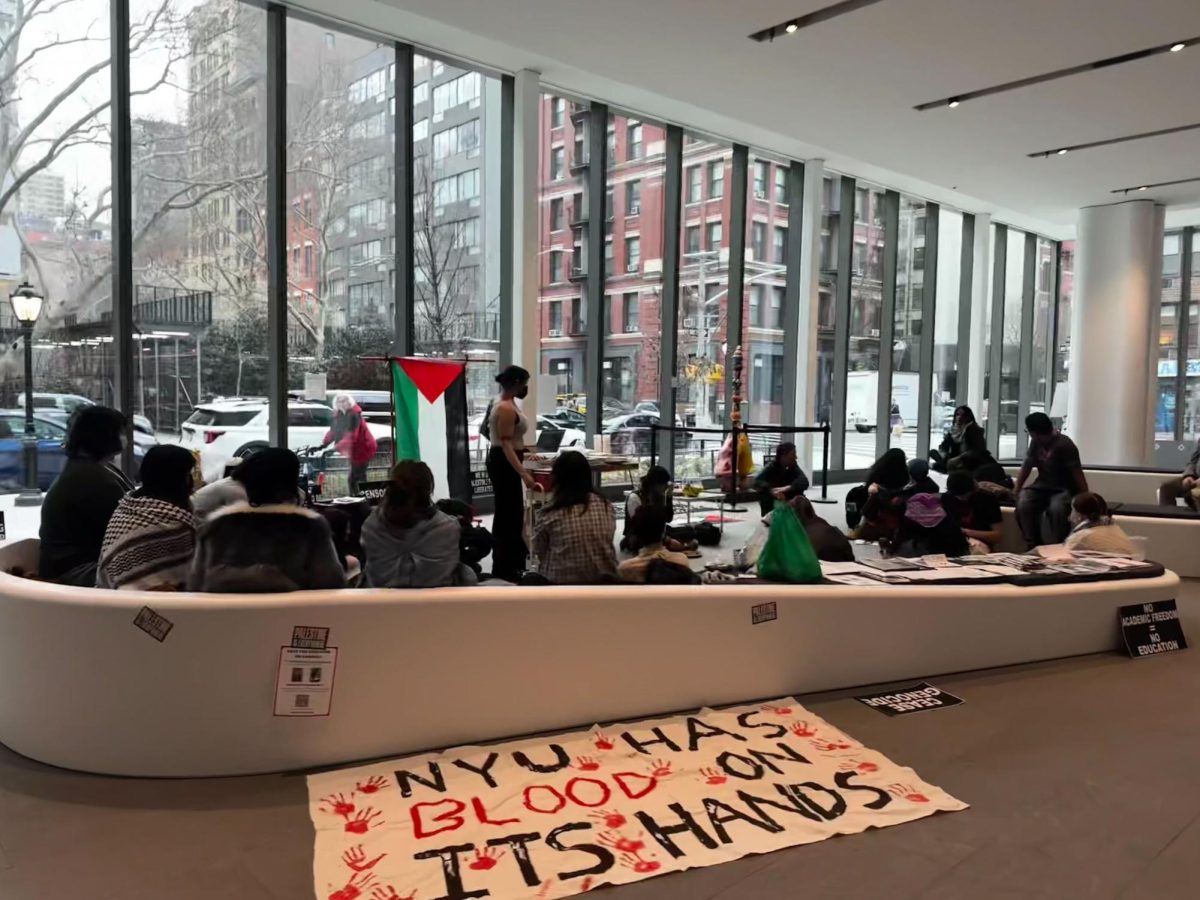
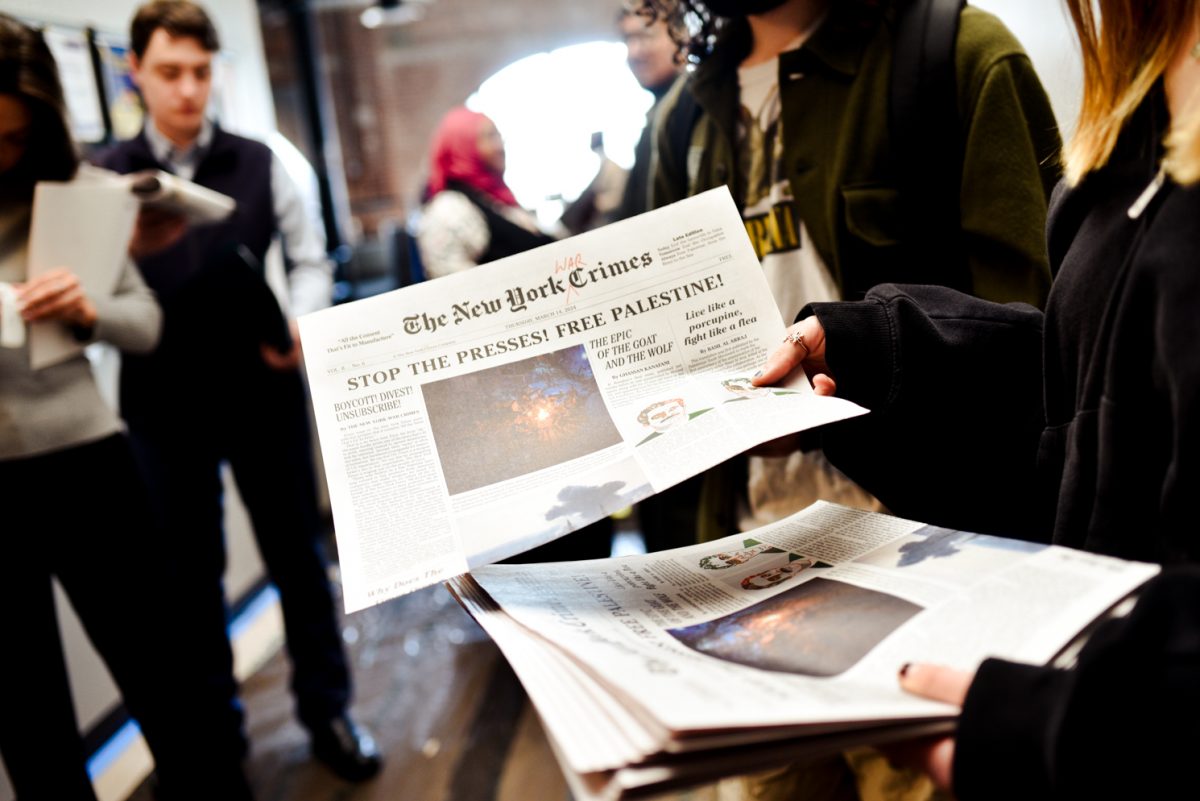















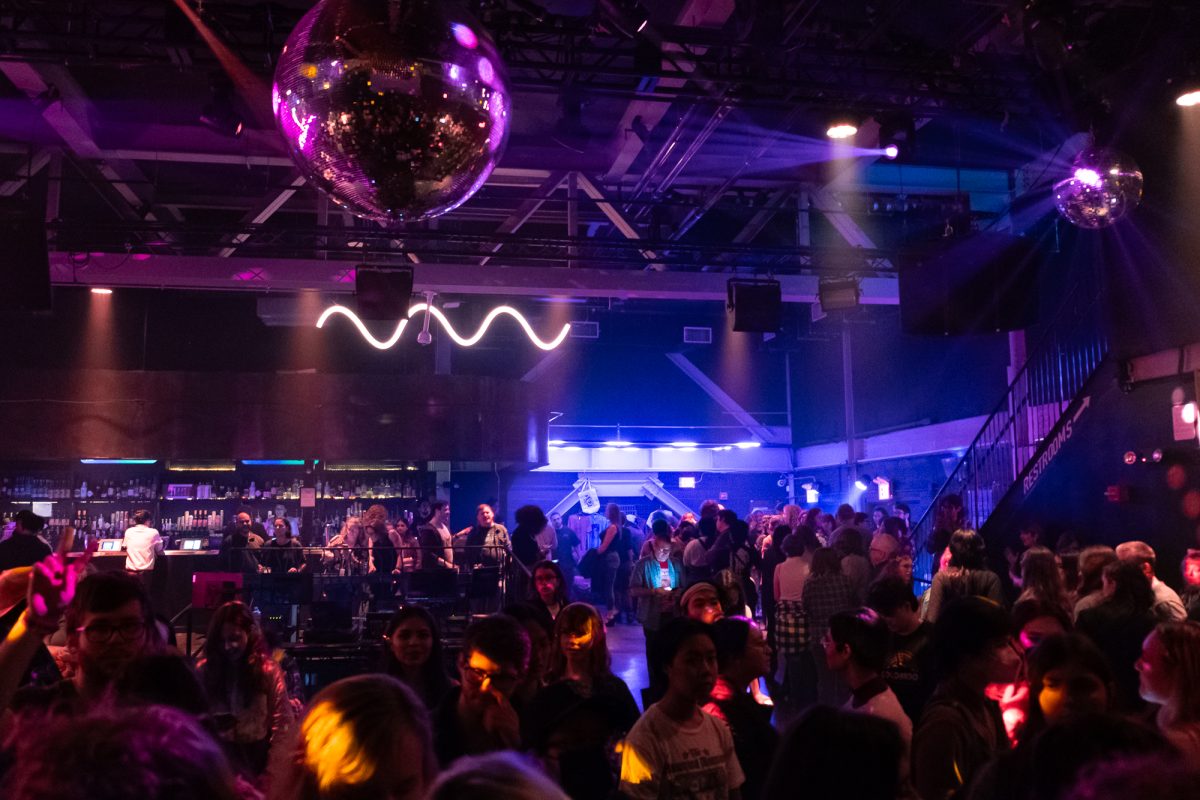









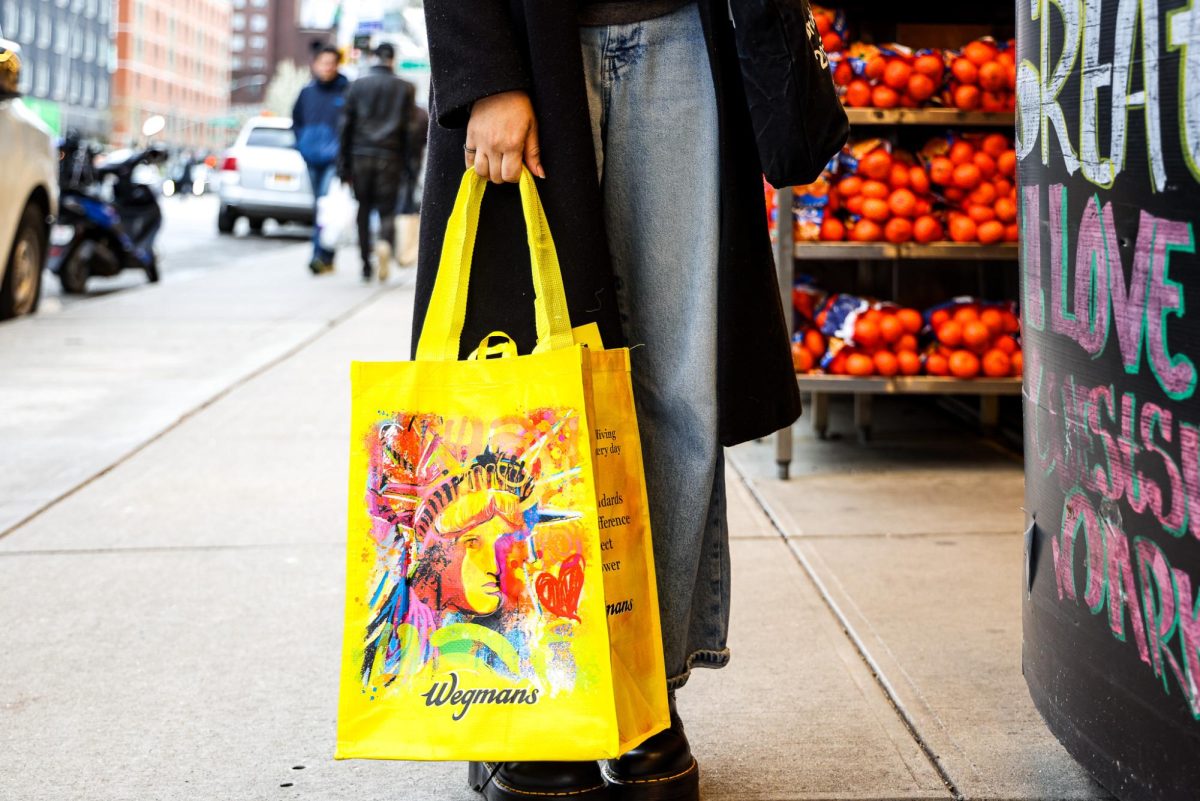
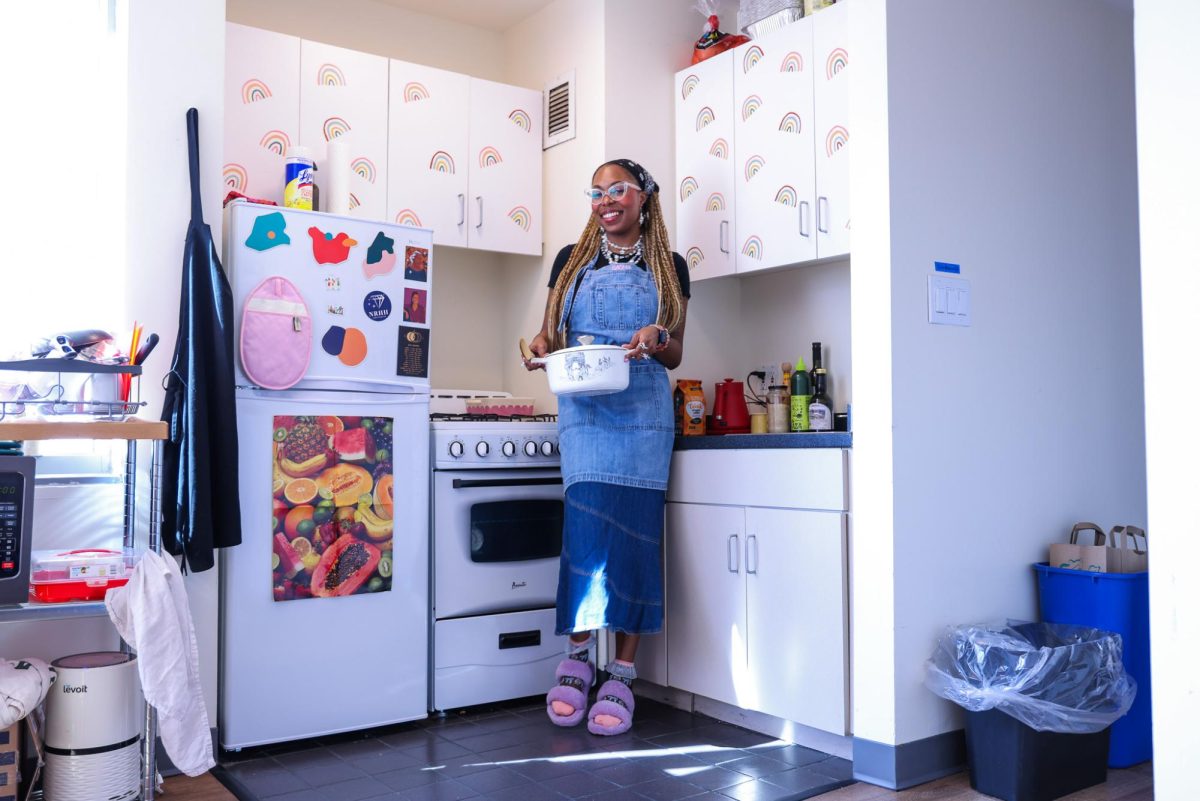

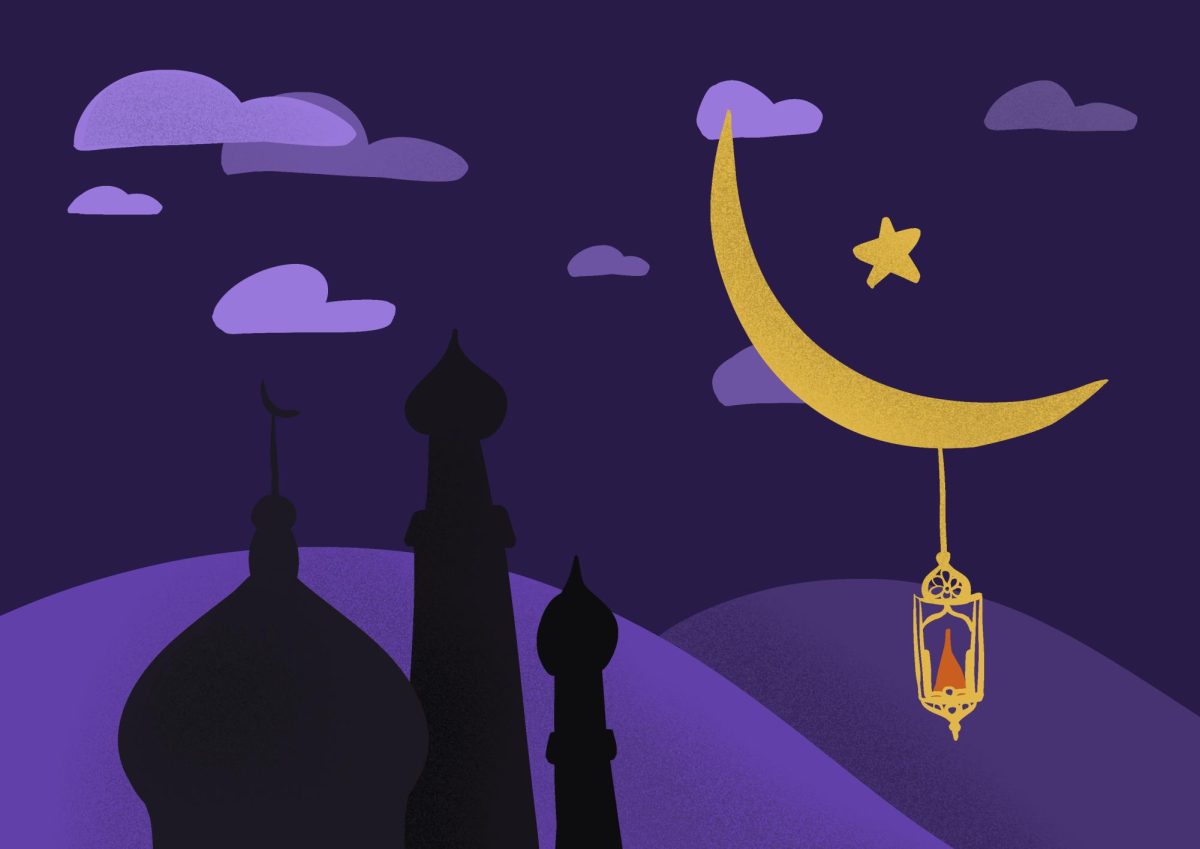




















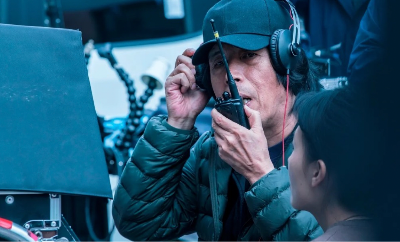
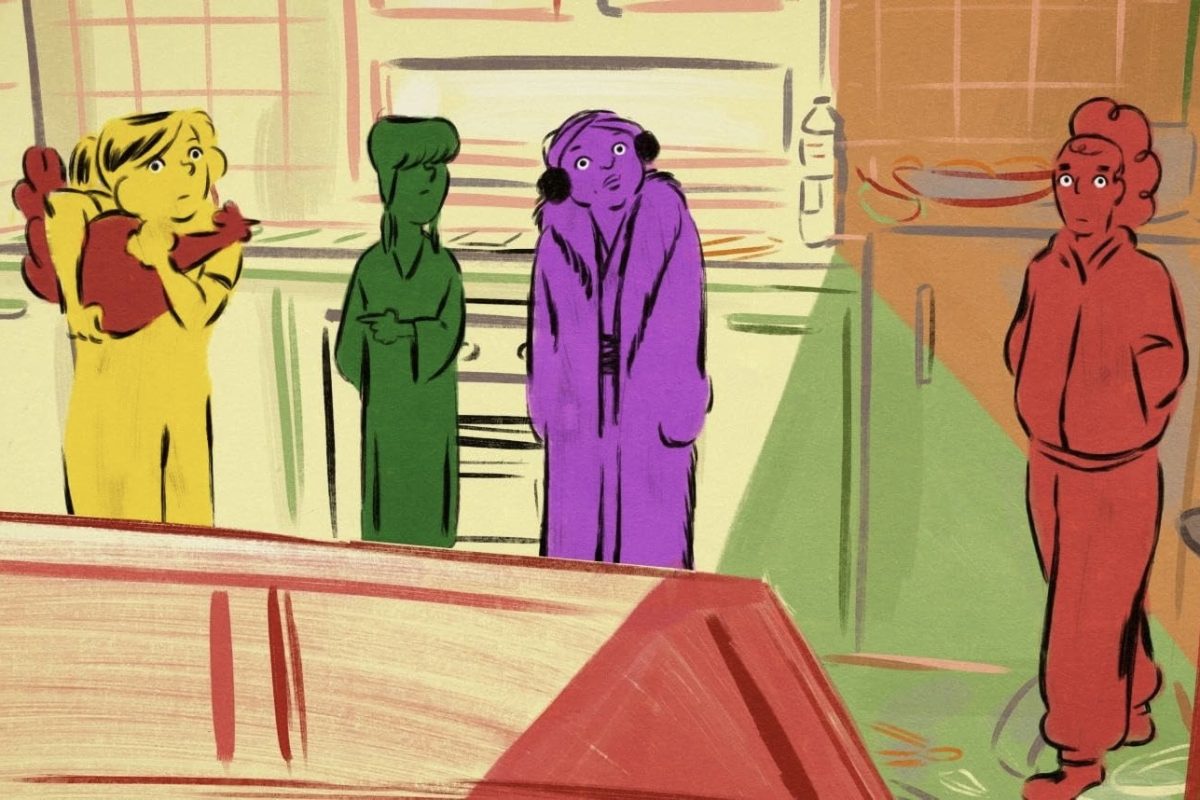
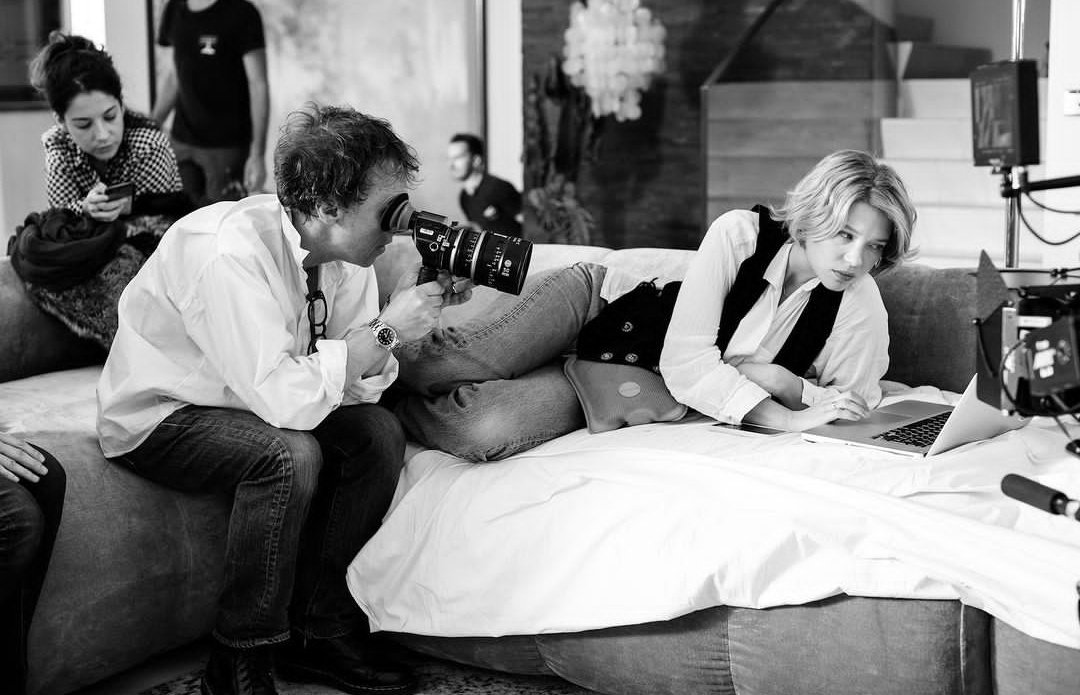










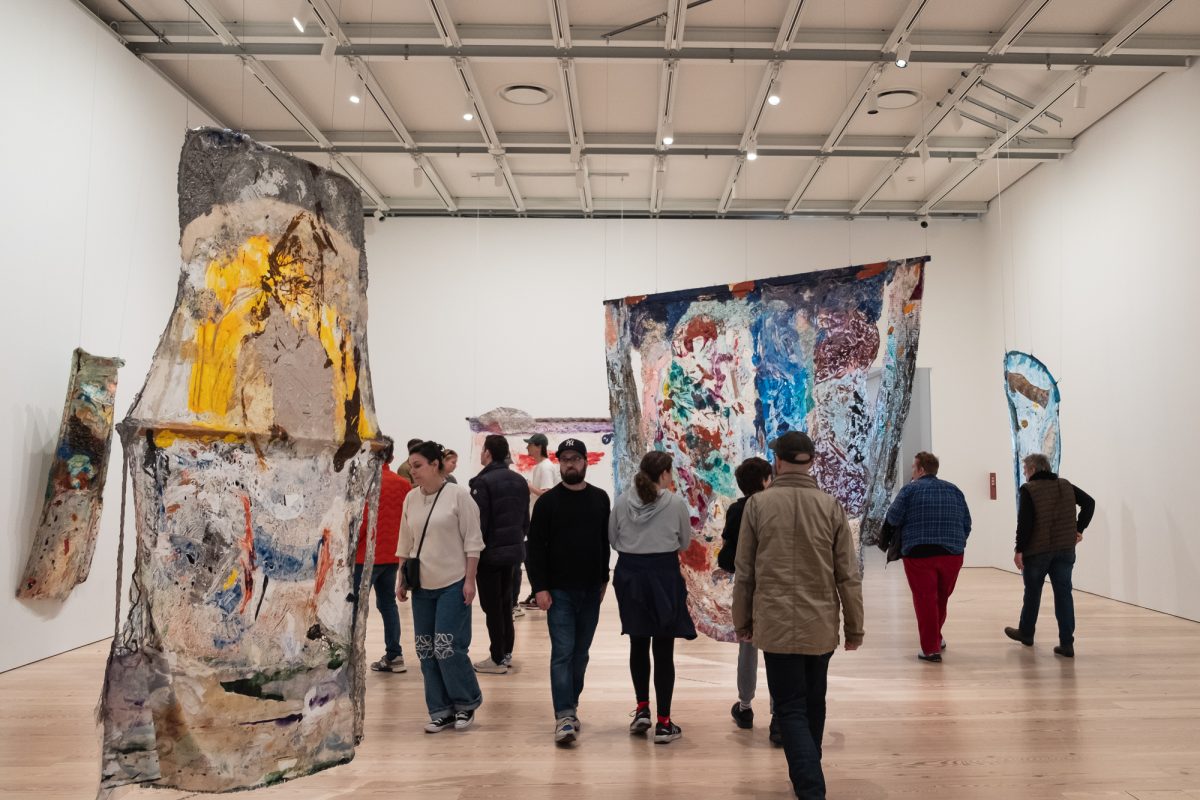
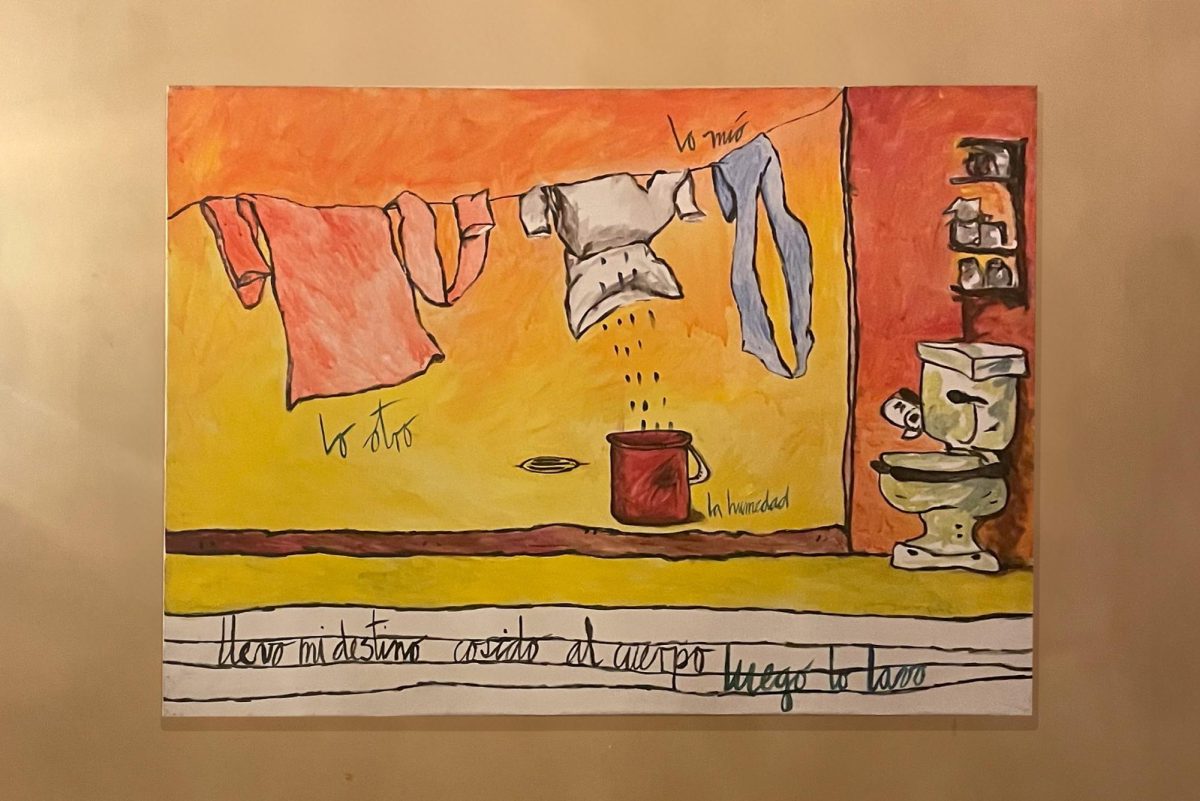






























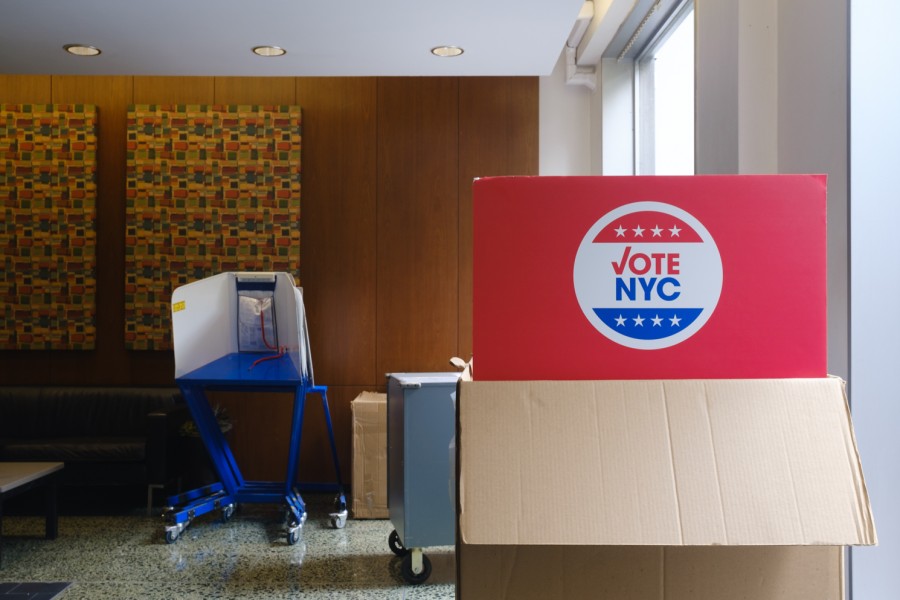
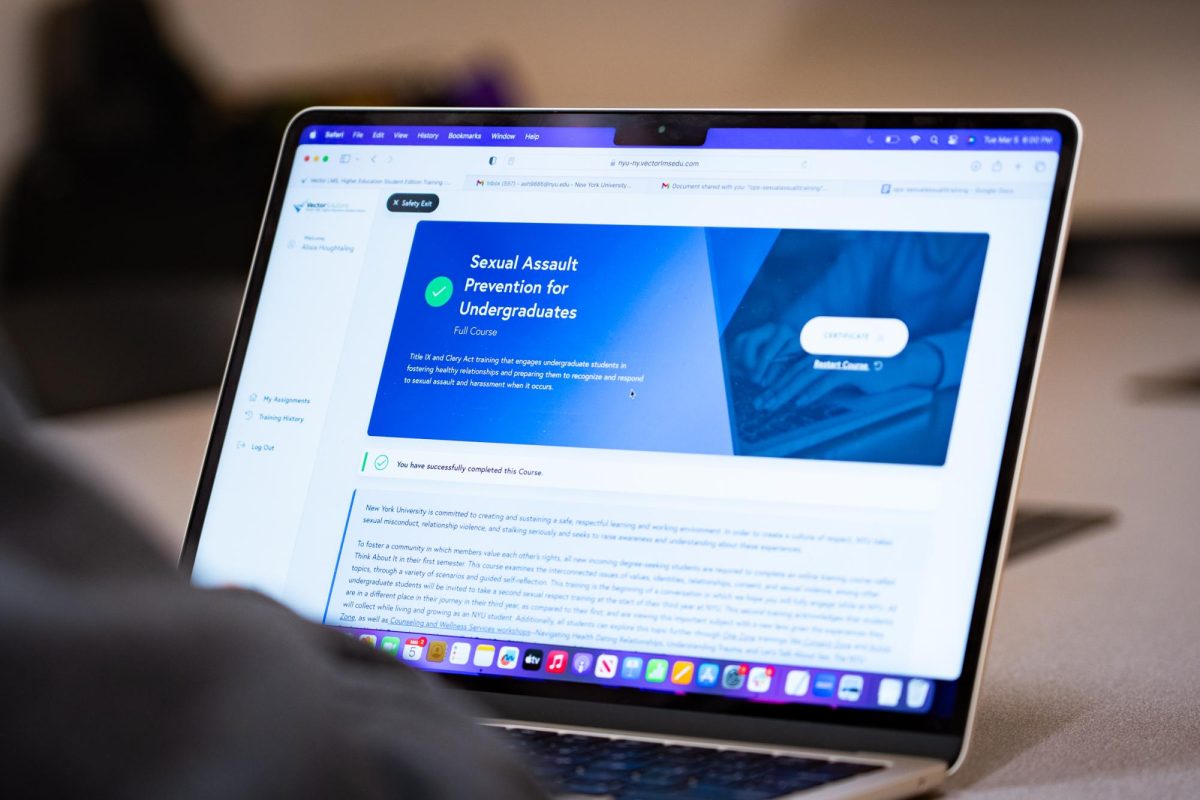





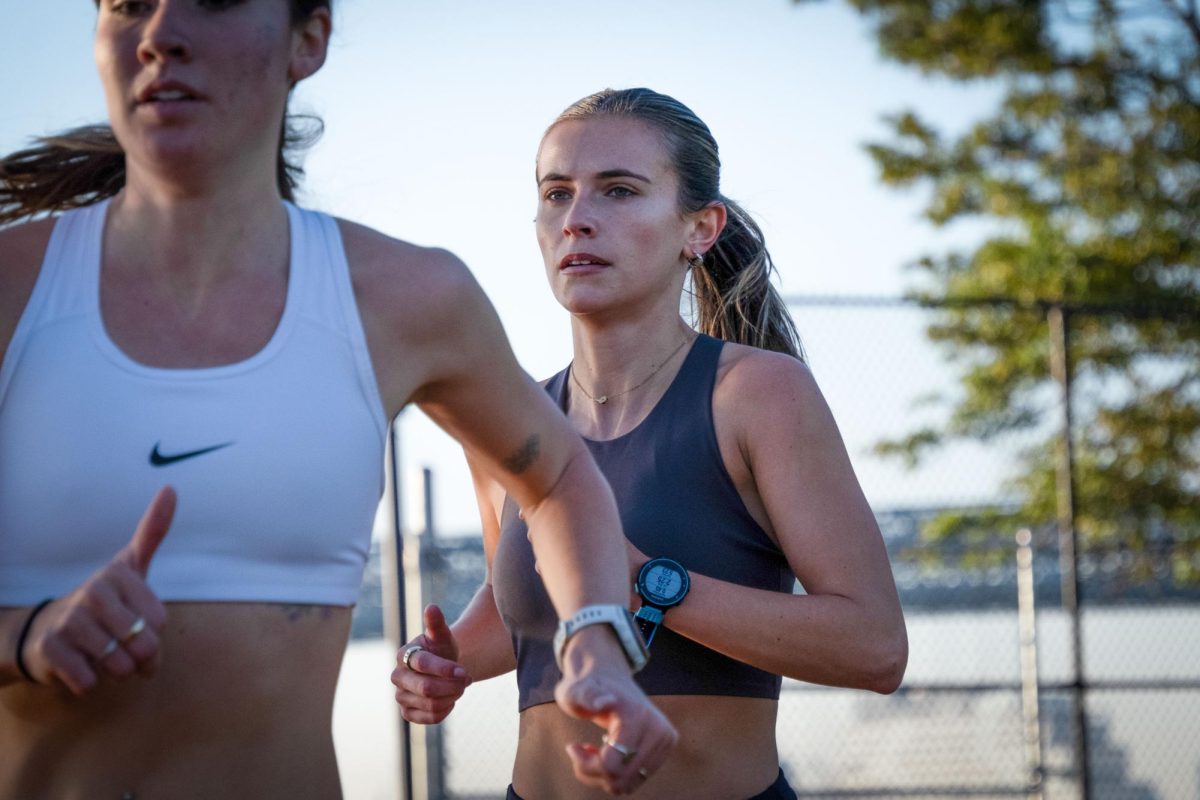
















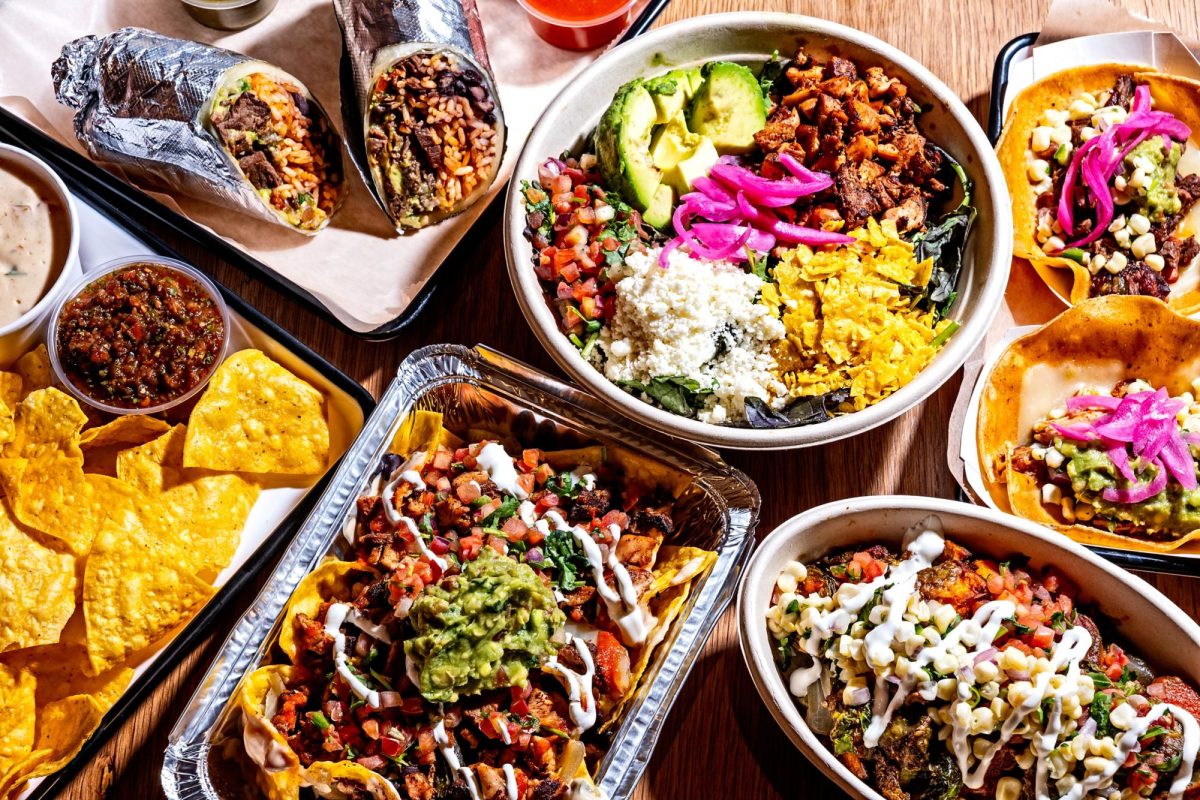



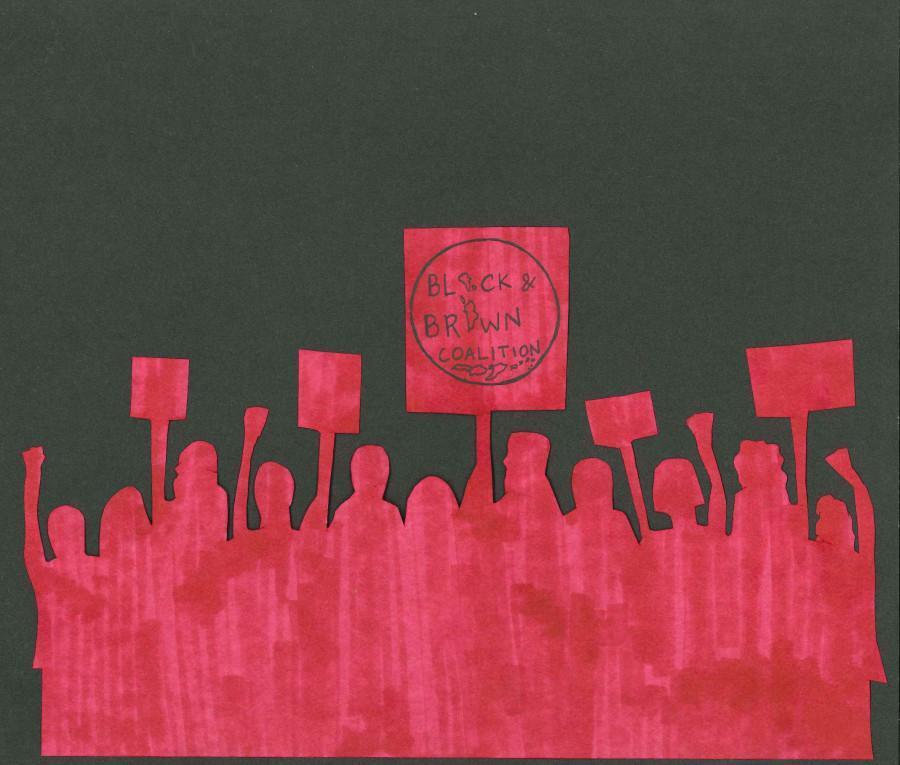
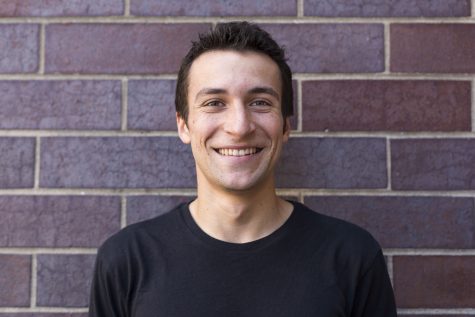

Jeff • Dec 11, 2015 at 2:42 pm
one day soon I hope the members of the black and brown club as well as many like them realize how lucky they are to be citizens of this great country. These clubs spew hate, racism, separation, and most of all a dislike of the greatest country ever to be dreamed up. The reason these groups gain zero traction is you start with the premise that America is a horrible, racist, and intolerant place where people walk down the street shouting at minorities. It’s just not true but that premise makes a few people feel like victims. And there is no better way to get attention than be a victim. America is not perfect, far from it actually but what people like me would like to hear from the black and brown club is what country they would like us to model after. Slavery was awful and we fixed it. Segregation was awful and we fixed it. Gender issues were awful and we fixed it. Every country has a past and most were rife with inequities but no country has fixed it better than America and these clubs would gain so much more mainstream support if you would start the conversation by acknowledging this.